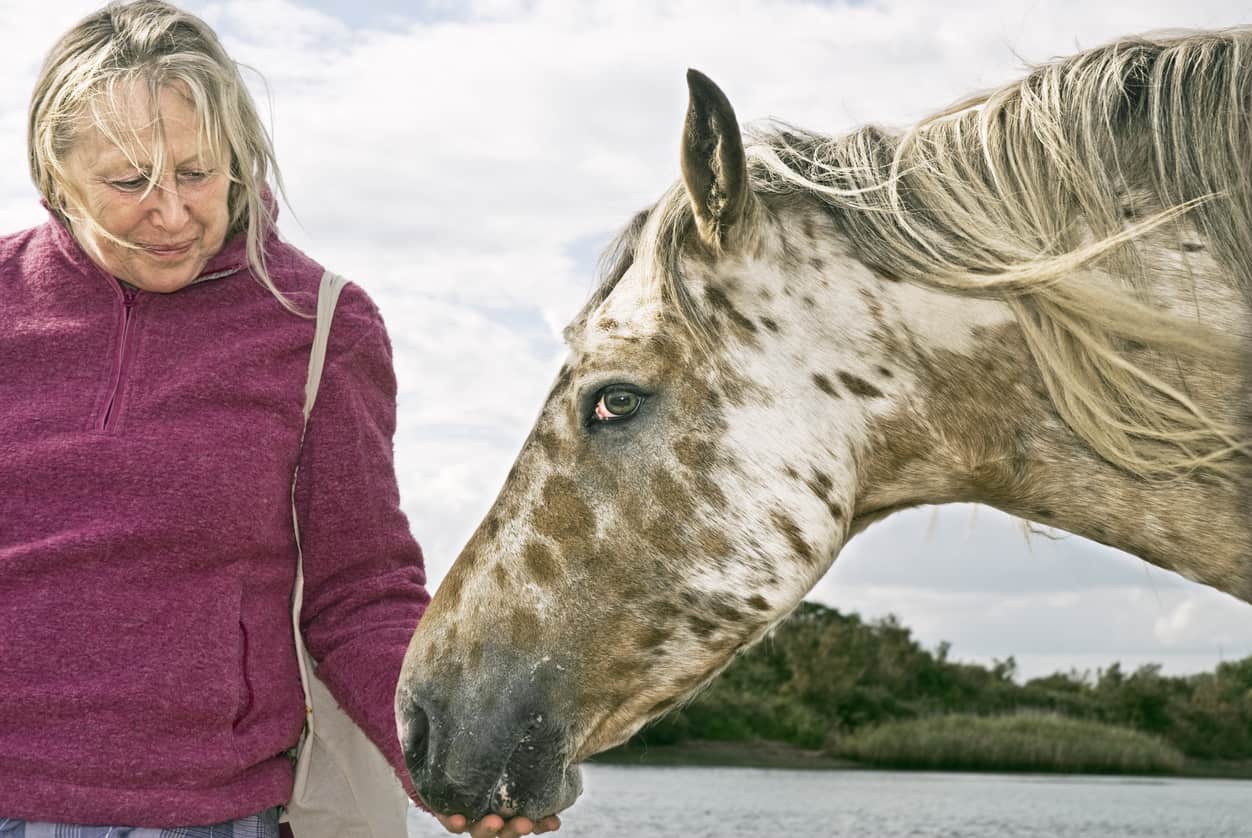Owners Put Quality of Life First in Senior Horse Vet Care

Owners are more likely to view their geriatric horses as companion animals compared with their younger equids and are likely to carefully consider quality of life when making decisions about the horse’s long-term veterinary care, according to a recent study conducted by researchers from Cummings School of Veterinary Medicine at Tufts University, in North Grafton, Massachusetts.
Megan Kiely Mueller, PhD, and colleagues recently surveyed 2,879 people who either owned or leased one or more horses about their relationships with their horses, which were classified as nongeriatric or geriatric (aged 20 years or older), and factors that influenced their senior equids’ veterinary care, among other topics.
Survey respondents said a geriatric horse’s ability to lead a comfortable life ranked highest in their veterinary care decisions, and many owners said they’d made numerous accommodations for their animals’ needs
Create a free account with TheHorse.com to view this content.
TheHorse.com is home to thousands of free articles about horse health care. In order to access some of our exclusive free content, you must be signed into TheHorse.com.
Start your free account today!
Already have an account?
and continue reading.
Written by:
Pat Raia
Related Articles
Stay on top of the most recent Horse Health news with















